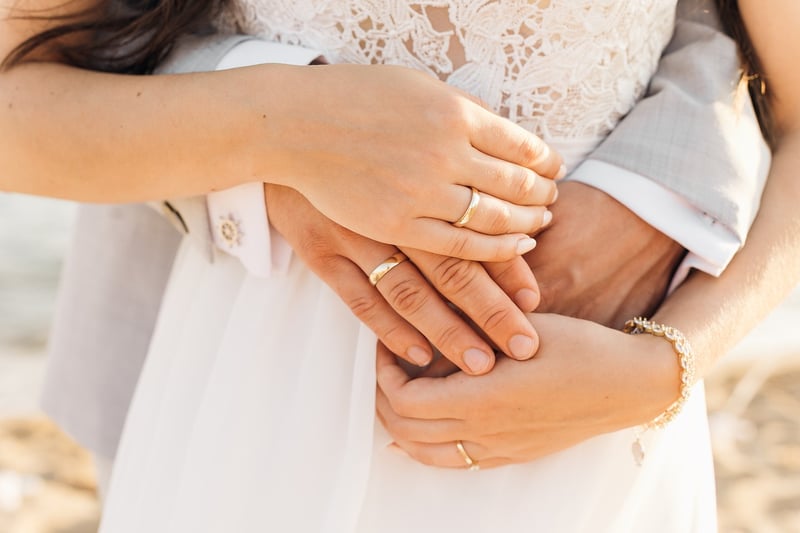Ceremony Laws
Ensuring a Smooth Legal Process for Your Ceremony
Planning a wedding or any other ceremony involves not just choosing the right venue and decorations but also ensuring that you comply with the necessary legal requirements. Understanding the legal aspects of your ceremony can help you avoid any issues later on and ensure a smooth and hassle-free process. Here are some essential tips to help you navigate the legalities:
1. Research Marriage or Ceremony Laws in Your Location
Each country, state, or region may have specific laws and requirements when it comes to marriage or conducting ceremonies. Research the legalities in your location to understand what documents you need, any waiting periods, and who is authorized to officiate the ceremony.
2. Obtain the Required Permits and Licenses
Depending on where you plan to hold your ceremony, you may need permits or licenses. This could include a marriage license, permits for outdoor ceremonies, or permissions for specific venues. Make sure to obtain all necessary documentation well in advance to prevent any last-minute complications.
3. Choose an Authorized Officiant
Ensure that the person officiating your ceremony is legally authorized to do so in your location. This could be a religious leader, a judge, a justice of the peace, or any other authorized individual. Verifying the officiant's credentials can save you from potential legal issues later.
4. Review and Understand the Legal Documents
Before signing any legal documents related to your ceremony, carefully review and understand the terms and conditions. This includes contracts with vendors, venue agreements, and marriage licenses. If needed, consult with a legal expert to ensure everything is in order.
5. Keep Copies of All Important Documents
Make copies of all essential documents related to your ceremony and keep them in a safe place. This includes permits, licenses, contracts, and any correspondence with vendors. Having duplicates can be helpful in case of any disputes or legal requirements in the future.
6. Follow Proper Procedures During the Ceremony
During the ceremony, ensure that all legal procedures are followed correctly. This may include signing the marriage license in the presence of witnesses, exchanging vows as required by law, and any other legal formalities. Following these steps can help validate your ceremony legally.
By understanding and adhering to the legal requirements for your ceremony, you can ensure a smooth and trouble-free process, allowing you to focus on enjoying your special day to the fullest.

Image source: Pixabay
